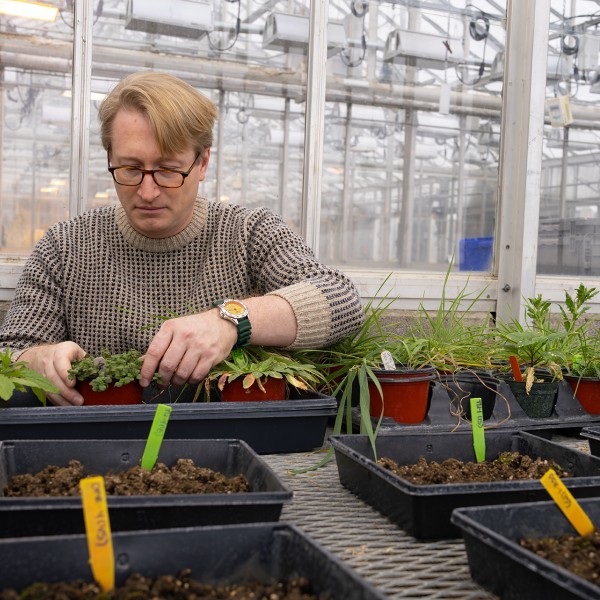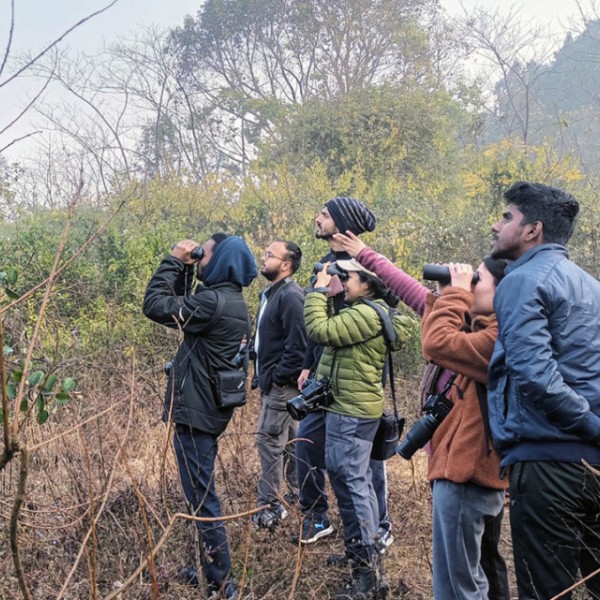Academic focus: Cellular homeostasis and aging
Research summary: I study how cells maintain their homeostasis and function under diverse stresses. Cells have evolved the process of autophagy, which allows them to degrade parts of themselves and to replenish metabolite pools to fuel critical cellular functions. Defects in autophagy are linked to many human diseases and aging. To perform autophagy, cells form transient, large double-membrane organelles, termed autophagosomes, which can encapsulate almost anything within cells – including whole organelles or intracellular pathogens like bacteria – for degradation. My lab aims to understand how cells form autophagosomes, how they determine what they need to degrade in response to specific stresses, and what the physiological functions of their autophagy responses are. In addition, we study the mechanisms of cellular aging at mechanistic and systemwide levels.
What do you think is important for people to understand about your field?
It has enormous therapeutic potential, but it is complicated and we need to do a lot of basic research to learn how to use it in a safe and beneficial way.
If you had unlimited grant funding, what major problem in your field would you want to solve?
I always have been fascinated by cells as self-organizing systems and the mechanisms to maintain their functions over long periods of time while being exposed to many disturbances.
I would love to understand cell behavior in such detail that we could build quantitative and predictive models. We have a reasonably good understanding of the individual parts, but we don’t know how cells work as whole systems. Cells are just incredibly complex.
What (specifically) brought you to Cornell CALS?
It is a wonderful community of great scientists with many common but different interests. I am really looking forward to many fruitful collaborations!
What do you like to do when you’re not working?
I like listening to music and playing guitar. I also like hiking and being outside.
What are three adjectives people might use to describe you?
Enthusiastic, curious, empathetic
What’s the most surprising/interesting thing you’ve discovered about Cornell and/or Ithaca so far?
The temperature differences. It can be freezing cold and then it turns into warm and springlike weather almost the next day.
What are your current outreach/extension projects?
In my previous lab in Cologne, Germany, I taught cell biology to elementary school kids, which was a lot of fun. I hope I can get involved in many outreach opportunities here at Cornell.





